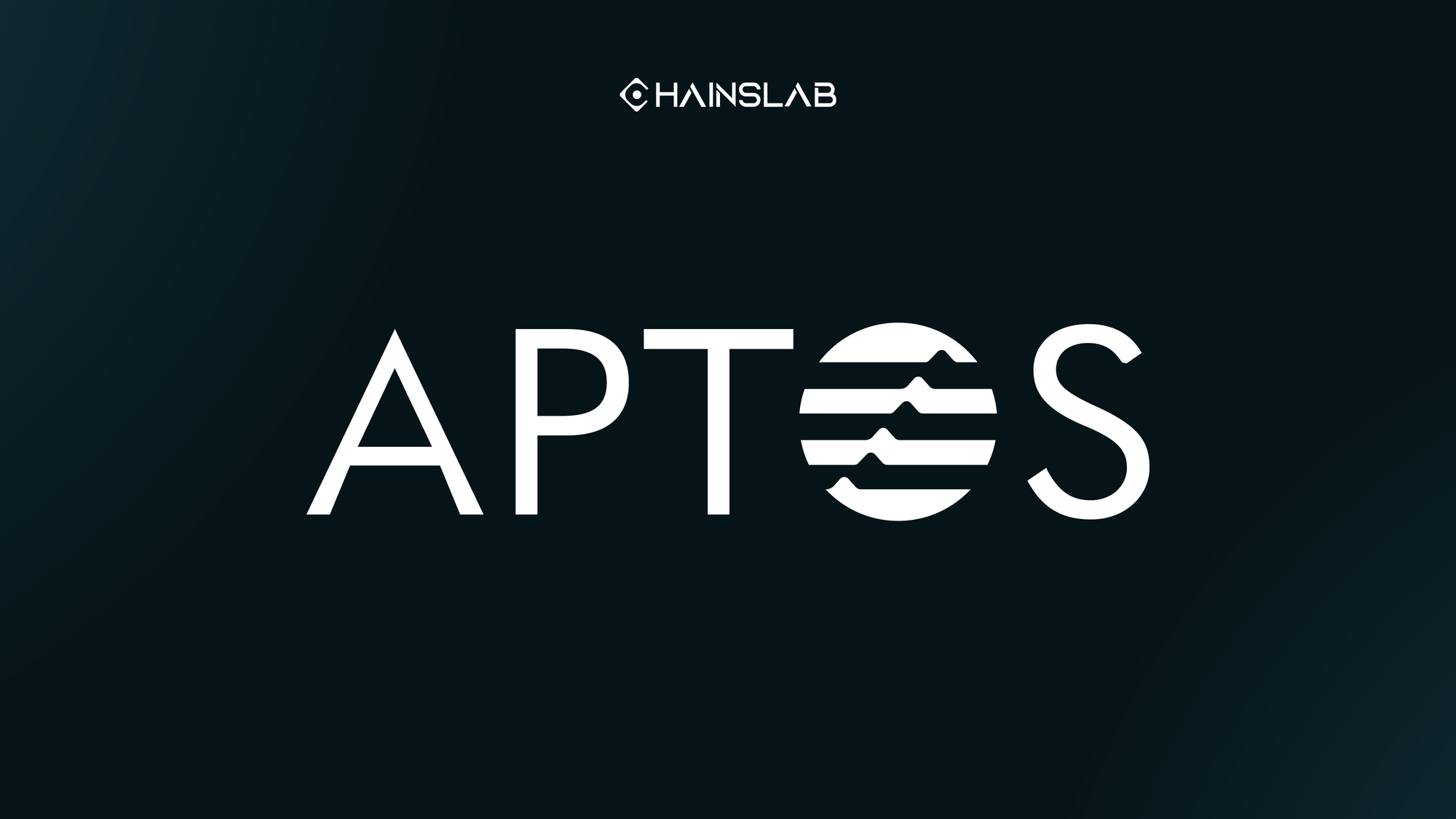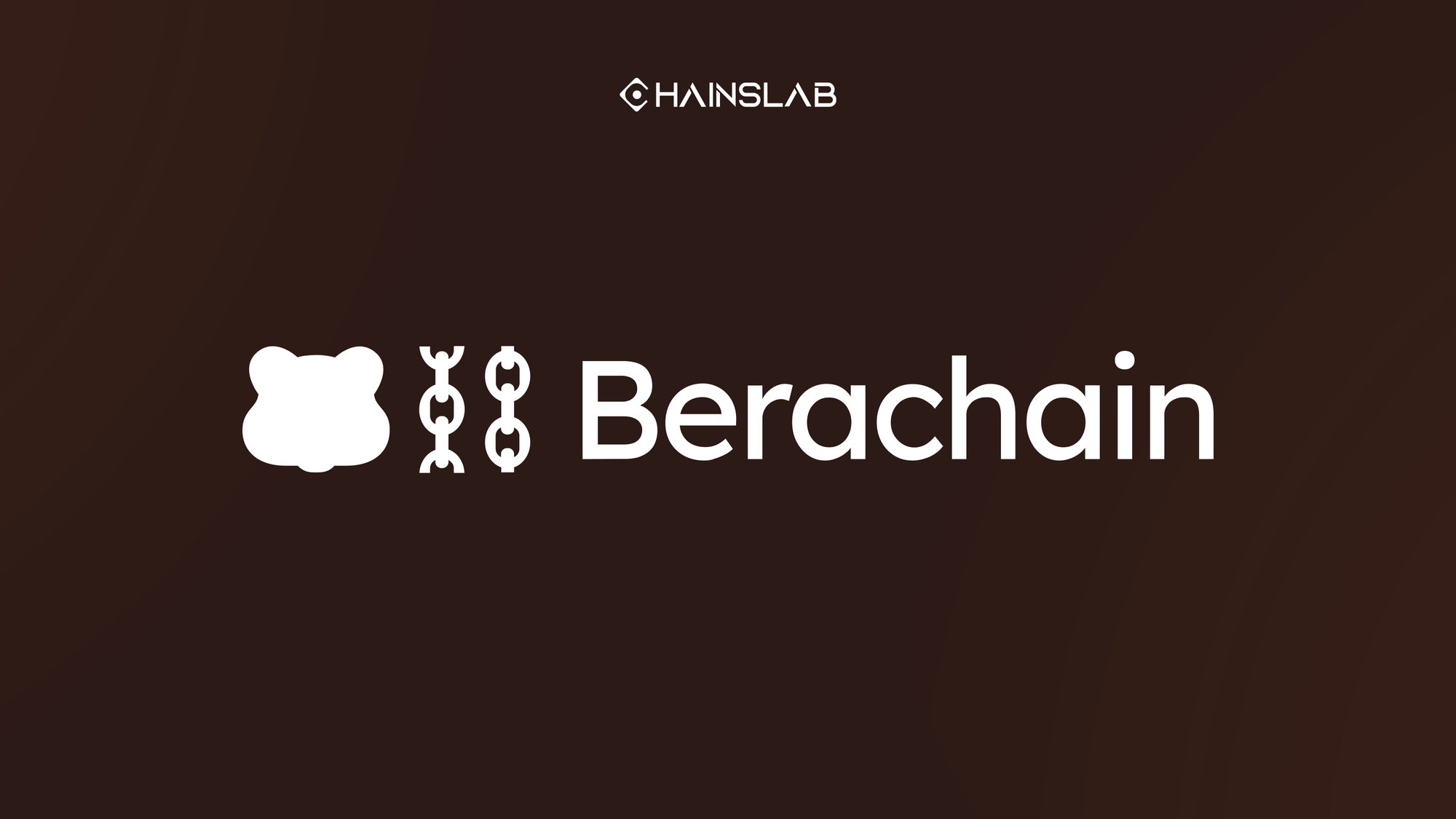- Aptos is an L1 blockchain that aims to become the most secure and scalable blockchain in history.
- Aptos is developed by former Meta employees and has raised one of the largest funding rounds in crypto history with over $350 million in Series A funding, led by FTX Ventures, Andreessen Horowitz, Circle Ventures, and Multicoin Capital.
- At the center of its technological innovation is Move which is based on Rust, arguably the fastest programming language in the world for network applications.
Blockchains struggle to balance the trilemma of decentralization, scalability, and security, with most aiming for scalability in order to facilitate adoption. Aptos is certainly a promising option that has generated plenty of buzz recently. Aptos ultimately plans to increase scalability while offering some unique security and usability options. Here are some essentials to know if you want to be one of the first trendsetters with Aptos.
I. What Is Aptos?
Aptos is a Layer 1 blockchain that aims to solve reliability, scalability, and usability issues that have plagued existing Layer 1s, whilst possessing security features lacking in EVM-based blockchains. Aptos uses Move, a Rust-based programming language created for Diem, a now abandoned blockchain project by Meta (formerly Facebook). It will still focus on Diem's original goals of creating a scalable, fast blockchain. In addition, it hopes to offer additional features that will make the crypto more accessible to average users.
The Aptos network can achieve over 130k transactions per second thanks to its parallel execution engine. This high throughput naturally results in low transaction costs for users on the network. With the Aptos whitepaper yet to be released, however, crypto experts are already beginning to discuss the Aptos blockchain, and it's raised millions of dollars from investors.
II. How Does Aptos Work?
Though it's not fully operational yet, the Aptos blockchain is already hitting impressive targets. Currently, it can process 130,000 transactions per second (TPS) while maintaining security and reliability. A few revolutionary concepts are at work behind Aptos' impressive performance. This is made possible by leveraging on a couple of key factors.
1. Decoupling of the Consensus Protocol and Execution Pipeline
The first and major step was to decouple the consensus protocol from transaction execution. Typically, a consensus protocol agrees on transactions and their order of execution and results. Aptos decouples the process, allowing both to run in parallel, removing their co-dependency and thus increasing throughput and lowering latency.
2. Block-STM
Block-STM technology creates an engine that efficiently handles smart contracts. The Aptos blockchain engine relies on parallel execution to handle multiple transactions at once. This makes things a lot quicker, because a single failed transaction won't halt the whole chain. Instead, transactions can be processed concurrently, and all of them are validated post-execution.
To further improve efficiency, a collaborative scheduler works to prioritize certain transactions on the Aptos blockchain and handle essential validations efficiently. Ultimately, up to 160,000 transactions may be processed simultaneously.
Aptos is able to further increase throughput. Block-STM comprises of the following core techniques:
Optimistic Concurrency Control
Transactions are executed optimistically in parallel and validated post-execution, while unsuccessful validations are re-executed.
Multi-Version Data Structure
A multi-version data structure is used to avoid replicated transaction conflicts. This means that when a transaction reads a memory location, it obtains the value written by the previous transaction, along with its associated version.
Validation
During a transaction execution, a read-set and write-set is recorded. During validation, all memory locations in the read-set are read and the results compared to corresponding versions stored in the read-set.
Collaborative Schedule
A collaborative scheduler coordinates validation and execution tasks among threads. Since transactions have a preset order, successful validation of a transaction execution does not guarantee that it can be completed — for example if a previous transaction was aborted and re-executed. Thus, the collaborative scheduler prioritizes execution and mitigates this issue.
Dynamic Dependency Estimation
When a validation fails, the values of the transaction’s last execution are used to estimate dependencies. This results in estimates being generated only when needed and are generally based on a state much fresher than at the beginning of the block.
3. BFT Consensus Protocol
Aptos’ fourth iteration of their Byzantine Fault Tolerant (BFT) engine is able to achieve sub-second finality through their parallel execution engine. The BFT protocol analyzes on-chain states, and automatically updates validator rotations in order to adjust for non-responsive validators without human intervention, maintaining decentralization of the network. Aptos decouples the two processes and lets them run parallel to each other. This reduces latency (the time it takes to confirm network transactions) while increasing speed.
4. Move Language
One of the things that makes Aptos so appealing is the Move, a custom programming language designed for safer resource management, as well as deterministic and hermetic transaction execution. This means that transaction execution results are completely predictable, and based only on information contained in the transaction.
Move is a type of executable bytecode language and also robust against denial of service (DOS) attacks at the transaction execution level. And Move lets users define custom resources that can’t be copied or discarded, making it much more difficult for malicious entities to control the Aptos blockchain.
III. Current State Of Aptos
Aptos is running its testnet in four separate stages. The first stage ran between May and June of 2022. Thirty thousand people applied, and 100 were selected to participate. The next stage of the testnet is just starting now, with between 100 to 500 validators. Once it completes, there will be one more limited testnet with 1,000 participants. Before launching, Aptos Labs also plans to run a final testnet stage to be open to all participants.
Joining the testnet comes with some unique rewards. Each participant gets 500 Aptos coins once the Aptos crypto is released. Top-ranking participants get extra bonuses of up to 5,000 Aptos coins.
Since the Aptos blockchain hasn't officially released any white paper or given any crypto to the public. The Aptos incentivized testnet is the reason people already know so much about Aptos Labs' capabilities. An incentivized testnet is essentially a way to gamify crypto development. Participants can complete various challenges, and receive rewards in return.
IV. What Makes Aptos Different?
While it's understandable to approach Aptos with some caution, it actually does justify some hype. A very active community, plenty of investors, and access to unique engines and programming languages all help the Aptos blockchain stand out. If it delivers on its promises, it will be very different indeed from existing Layer 1 chains. There are several factors contributing to Aptos' impressive ability to get that much support from venture capital firms.
- Reputable founders and experienced team: One of the main factors behind Aptos' success is its founders. The co-founders of Aptos Labs have years of experience producing impressive work. Not only do they have a solid reputation for creating crypto and other projects, but they also have a collective background in venture capitalism that's helped them connect to investors. Aptos' connection to Diem is another reason that investors feel the company is a solid bet. It’s essentially a continuation of a project that Meta/Facebook launched before pivoting to focus on their "metaverse" instead. Aptos’ origins have investors feeling confident about what the company is offering.
- Unique architecture: Venture capitalists are usually on the lookout for the new and original. This is an area where the Aptos blockchain really shines. The combination of Block-STM technology, Move programming and BFT consensus sets it apart from other Layer 1 blockchains looking for funding.
- Aggressive performance: Aptos really started to pick up steam after launching their testnets. Users began reporting TPS and time-to-finality rates that blew other cryptos out of the water. With the ability to process up to 160,000 TPS and finalize transactions in less than a second, Aptos has the potential to quickly outrank its competitors.
1. Aptos vs. Ethereum
The Aptos blockchain has already managed to outperform Ethereum in terms of speed. While Ethereum's time to finality is over a minute, Aptos can finalize transactions in less than a second, due to both hardware and design differences. Ethereum only has one CPU core, while Aptos operates on 16. However, Ethereum’s reliability is undeniably superior. While Aptos doesn't have many problems with outages, it can't compare to Ethereum's stability: Its performance is almost impossible to disrupt. As long as users are fine with paying more fees and waiting longer times, Ethereum still remains the more popular choice.
2. Aptos vs. Solana
One of the Aptos blockchain's main competitors will be Solana, which is currently the hottest high-performance Layer 1 available. So far, both Aptos and Solana have similar levels of speed because they both rely on engines that can run computations in parallel. However, when comparing the Solana and Aptos blockchains, Aptos seems to be more reliable. Solana has been fairly prone to failure, having had notable outages and downgrades. The Aptos blockchain adds redundancy to its network, rendering it less prone to failure. Each block in Aptos is synced with leader nodes and nearby nodes. In case the leader node fails, one of the other nodes can take over. This results in slightly more computational requirements, so Aptos' hardware needs are a little larger than Solana's. Ultimately, Aptos manages more reliability than Solana in exchange for slightly higher hardware requirements.
V. Aptos Labs
Aptos Labs is the team behind the Aptos project. They currently lead a diverse team of developers, engineers and strategists headed by co-founders Mo Shaikh and Avery Ching.
Aptos is founded by Aptos Labs, co-founded by Mo Shaikh and Avery Ching. Both co-founders, along with a few other team members worked together at Meta on the Diem blockchain project and founded Aptos Labs together to continue building on the technology they had originally developed for Diem. The rest of the Aptos Labs team consists of PhDs, researchers, engineers, designers, and strategists (a full list of which can be found here). It is evident that the team at Aptos Labs are highly experienced, and confident in their ability to build Aptos to be a safe, scalable, and accessible network.
VI. Backers
Aptos closed their first raise in March 2022, in a $200 million round led by a16z Crypto, with participation from big-name VCs such as Multicoin Capital, Three Arrows Capital, Hashed, Tiger Global, FTX Ventures, and Coinbase Ventures, among others. According to a report by CoinDesk, the round was closed at a valuation of $2 billion.
1/ Today, we announced our $150M Series A funding round. This is a testament to our team's technical expertise, the strength & activity of our ecosystem and the vision & ethos we all share. https://t.co/GGnn4TY9Lw
— Aptos (@AptosLabs) July 25, 2022
On July 25, 2022, Aptos announced a $150 million funding round led by FTX Ventures and Jump Crypto, with participation from Apollo, Griffin Gaming Partners, Franklin Templeton, Circle Ventures, Superskrypt, and continued support from a16z crypto and Multicoin. This brings the total funding raised by Aptos to $350 million by 22 investors after 2 funding rounds.
VII. Is Aptos A Good Deal?
As one of the highest-funded launches in the year 2022 with backing from top VC firms. There is a lot riding on the success of Aptos. With speed, security and scalability baked into its architecture, it may well turn out to be the biggest launch of the year. Compared to Solana, there are a lot of similarities. The funding amount so far, it’s $350 million for Aptos vs. $335 million for Solana and build in a bear market. Plus, with such a top tier of backing and funding, the Aptos could appreciate to a multi-billion dollar market cap easily as Solana did in 2-3 years ago.
With a system that’s been designed to scale to one billion users, while safeguarding against common issues blockchains such as DDoS attacks, network downtime, and wallet-draining hacks, Aptos may just successfully attract the next generation of DApps, DAOs and NFTs to its blockchain. One potential risk, however, is the ongoing billion dollar suit against its founder, Mo Shaikh, for alleged fraud over the ownership of the company. According to TheBlock, the case is being pushed through the Supreme Court of the State of New York.
Notwithstanding, Aptos is continuing to develop its blockchain and ecosystem despite the bear market and is in a good position for the next cycle. We look forward to seeing more developments and are keen to see if the promised performance holds with real-world usage without reliability issues.



